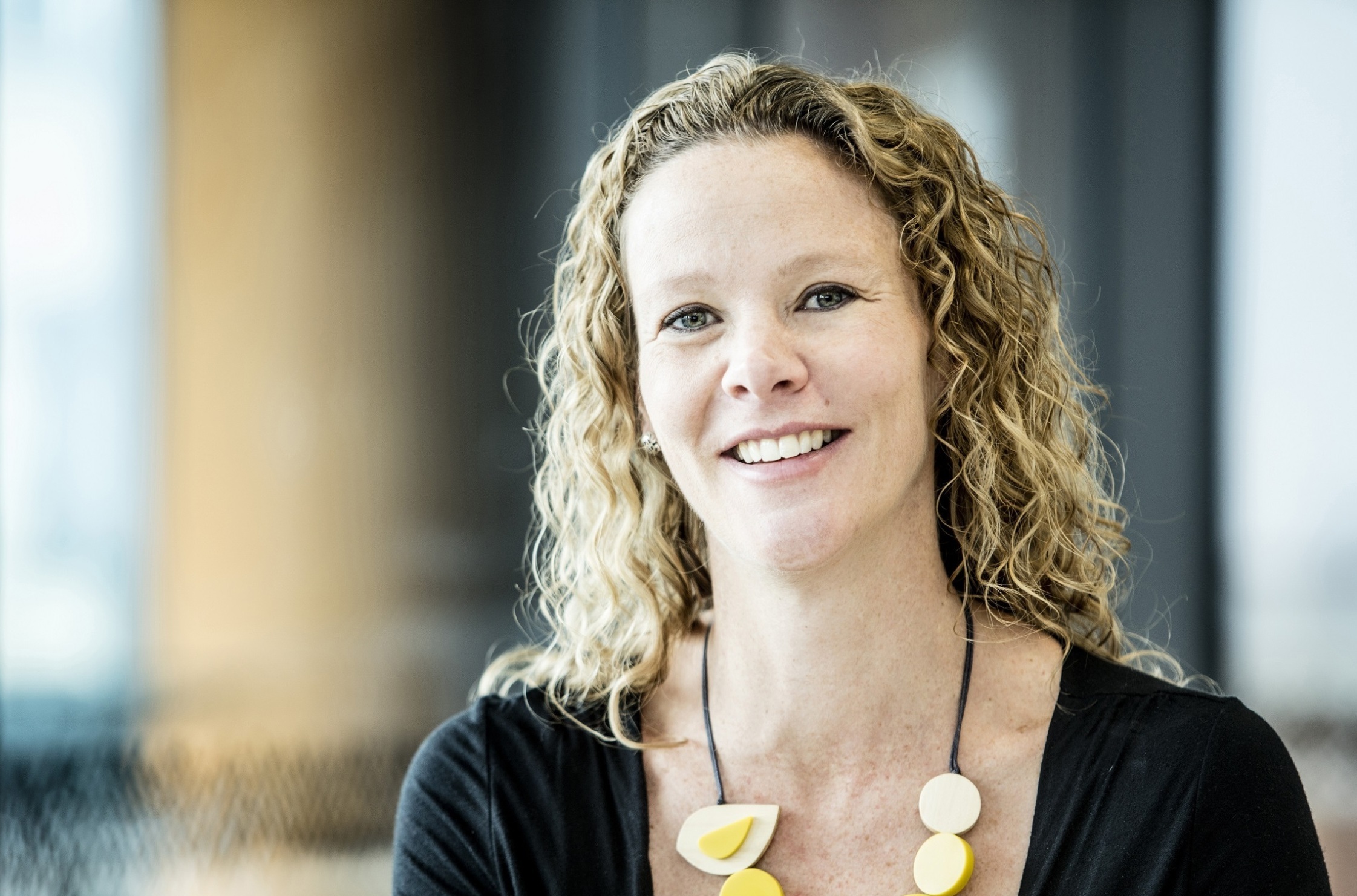Led by Professor Clare Parish, Head of The Florey’s stem cell and neurodevelopment laboratory, the team investigated whether the combined use of stem cells and gene therapy could repair the brain in Parkinson’s disease. Their first-of-its-kind research unearthed incredible results.
“By transplanting human stem cells into the brain along with viral delivery of a growth-promoting protein called GDNF, we were able to restore motor function in animal models of Parkinson’s disease,” explained Professor Parish.
 Professor Clare Parish, Head of The Florey’s Stem cell and neurodevelopment laboratory
Professor Clare Parish, Head of The Florey’s Stem cell and neurodevelopment laboratory
In Parkinson’s, the progressive loss of dopamine neurons in the brain gives rise to the weakening motor function. The use of stem cell-derived dopamine transplants in Parkinson’s disease is not a new concept but one that has presented researchers with significant challenges. Transplanted dopamine cells have been found to survive poorly and fail to adequately integrate or ‘knit’ into the brain.
The novel technique developed by Parish and her team could change that. Results of their study demonstrate increased survival, maturity and integration of transplanted dopamine cells, ultimately leading to an improvement in motor function.
“We now hope to advance this stem cell approach to clinical trials in the coming years,” added Parish.
Delivery of GDNF increased survival of dopamine cells (brown staining) within transplanted grafts
The research has been published in Cell Stem Cell (DOI: 10.1016/j.stem.2020.01.010) and showcased on the journal cover. Click to access the full research paper here.
The research of Professor Parish and team made the cover of the esteemed journal Cell Stem Cell
For all media enquiries, contact The Florey Media team.
[email protected]